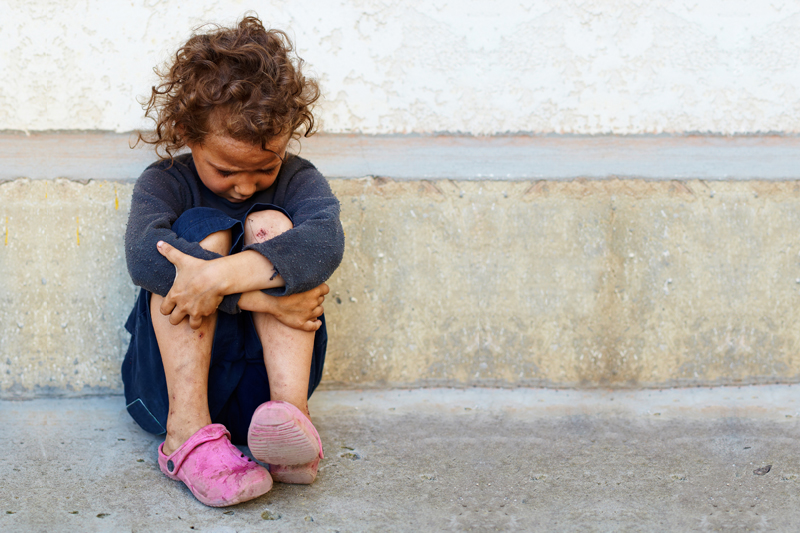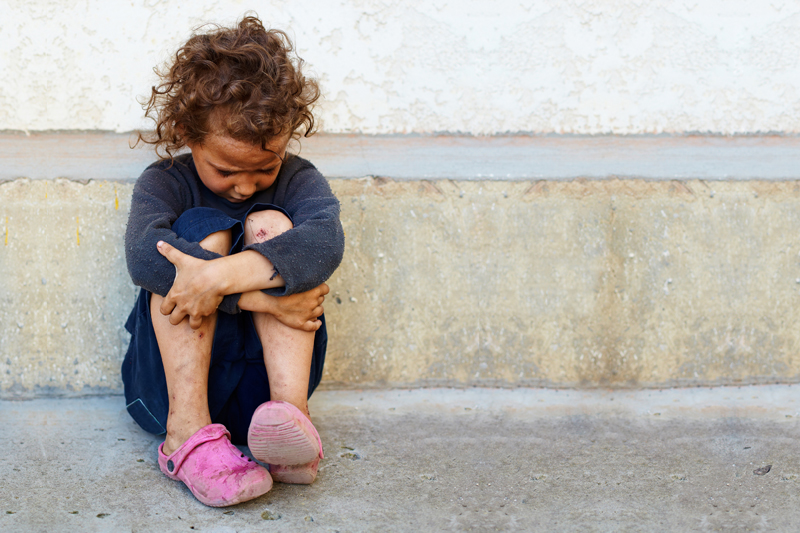Responsible Partying for Teens

My daughter is now sixteen, and in her second year of high school. She is not really interested in attending out of school parties with her friends. This thought is a relief to her mom, who worries about the many dangers our teenager’s face every day. Young women must be especially careful when they go out. Here are some safety guidelines to help keep teens safe when out on the town.
Only attend a party with people you know and trust, and when going to a social gathering of your peers, use the buddy system. The buddy system means you watch out for your buddy and they watch out for you, no exceptions. Buddies do not leave each other alone for long periods and arrive at and leave the party together. No one goes off alone or leaves with someone else.
There are drugs which are virtually undetectable by taste or odor that render a person unconscious and unable to respond physically when ingested. This is the date rape drug and is extremely powerful. This is why it is imperative to use the buddy system, there is safety in numbers.
One of the most important safety guidelines parents can teach a teen is to never accept food or beverage from anyone, regardless of how well they trust them. Only drink soda or water from sealed cans or bottles, and when opening a new can or bottle listen for the snap of the safety seal or the pop of the can when you open it. If you accidentally leave an open can or bottle unattended even for a minute, toss it out, and obtain a new sealed drink. It is best to err on the side of caution, rather than to take a chance someone slipped something into the drink when it was unattended.
Recently authorities have begun to see a new trend amongst teens known as pharming or pharm parties. Pharming (sounds like farming) is a party where teens combine various legally prescribed medications in one bowl and share the pills in handfuls with others. The medication is often stolen from a parent, family member, legal guardian or friend of the family. The drugs of choice are narcotic painkillers, anti-depressants, and anti-anxiety medications called benzodiazepines.
Since most parents trust their child explicitly they do not consider locking up their medications when in the home. This means medication, which are essentially legal drugs are easily accessible to teens, and often kept in a bedside table or medicine cabinet. Some teens will use his or her own prescribed medication to sell or give away at these pharm parties. Teens who are pharming have no true insight into the riskiness of this behavior.
Create a safety contract with your teen regarding safety at parties. Let them know they can call you anytime they feel unsafe or unsure about the situation they are in, and the agreement is you will pick up your teen when called without asking a lot of questions at the time. The safety contract should state that you will not discuss what happened until the next morning when emotions have settled. This is provided no one is hurt or in danger at the time of pickup. This safety contract is especially important in cases where there is alcohol or drugs at a party.
Teach teenagers to call 911 if he or she feels there is an immediate danger, and be sure you have programmed an ICE (In Case of Emergency) number in your teenager’s cell phone. ICE, which stand for In Case of Emergency, alerts authorities how to contact you immediately if there is an emergency and your teen is unable to provide a phone number. ICE numbers are becoming standard protocol for emergency and hospital employees to search out when a child or teenager is unable to tell them how to contact a parent.
Honesty is always the best policy when a teenager is planning on attending a party or event outside of school. It is important that he or she tell the parents where they are going. If the teen does not drive, he or she must make plans on how to get home safely after the event. Explain to your teen what peer pressure is and how to respond to friends who try and force them into something that makes him or her feel uncomfortable.
Tell teens to listen to that little voice that is their conscience. By listening to their conscience the teen will know when it is time to get out or go home. Everyone is individually responsible for their own safety, even when using the buddy system. Learn how to be safe and trustworthy and to have a safe time.
Only attend a party with people you know and trust, and when going to a social gathering of your peers, use the buddy system. The buddy system means you watch out for your buddy and they watch out for you, no exceptions. Buddies do not leave each other alone for long periods and arrive at and leave the party together. No one goes off alone or leaves with someone else.
There are drugs which are virtually undetectable by taste or odor that render a person unconscious and unable to respond physically when ingested. This is the date rape drug and is extremely powerful. This is why it is imperative to use the buddy system, there is safety in numbers.
One of the most important safety guidelines parents can teach a teen is to never accept food or beverage from anyone, regardless of how well they trust them. Only drink soda or water from sealed cans or bottles, and when opening a new can or bottle listen for the snap of the safety seal or the pop of the can when you open it. If you accidentally leave an open can or bottle unattended even for a minute, toss it out, and obtain a new sealed drink. It is best to err on the side of caution, rather than to take a chance someone slipped something into the drink when it was unattended.
Recently authorities have begun to see a new trend amongst teens known as pharming or pharm parties. Pharming (sounds like farming) is a party where teens combine various legally prescribed medications in one bowl and share the pills in handfuls with others. The medication is often stolen from a parent, family member, legal guardian or friend of the family. The drugs of choice are narcotic painkillers, anti-depressants, and anti-anxiety medications called benzodiazepines.
Since most parents trust their child explicitly they do not consider locking up their medications when in the home. This means medication, which are essentially legal drugs are easily accessible to teens, and often kept in a bedside table or medicine cabinet. Some teens will use his or her own prescribed medication to sell or give away at these pharm parties. Teens who are pharming have no true insight into the riskiness of this behavior.
Create a safety contract with your teen regarding safety at parties. Let them know they can call you anytime they feel unsafe or unsure about the situation they are in, and the agreement is you will pick up your teen when called without asking a lot of questions at the time. The safety contract should state that you will not discuss what happened until the next morning when emotions have settled. This is provided no one is hurt or in danger at the time of pickup. This safety contract is especially important in cases where there is alcohol or drugs at a party.
Teach teenagers to call 911 if he or she feels there is an immediate danger, and be sure you have programmed an ICE (In Case of Emergency) number in your teenager’s cell phone. ICE, which stand for In Case of Emergency, alerts authorities how to contact you immediately if there is an emergency and your teen is unable to provide a phone number. ICE numbers are becoming standard protocol for emergency and hospital employees to search out when a child or teenager is unable to tell them how to contact a parent.
Honesty is always the best policy when a teenager is planning on attending a party or event outside of school. It is important that he or she tell the parents where they are going. If the teen does not drive, he or she must make plans on how to get home safely after the event. Explain to your teen what peer pressure is and how to respond to friends who try and force them into something that makes him or her feel uncomfortable.
Tell teens to listen to that little voice that is their conscience. By listening to their conscience the teen will know when it is time to get out or go home. Everyone is individually responsible for their own safety, even when using the buddy system. Learn how to be safe and trustworthy and to have a safe time.

Related Articles
Editor's Picks Articles
Top Ten Articles
Previous Features
Site Map
Content copyright © 2023 by Erika Lyn Smith. All rights reserved.
This content was written by Erika Lyn Smith. If you wish to use this content in any manner, you need written permission. Contact Erika Lyn Smith for details.



